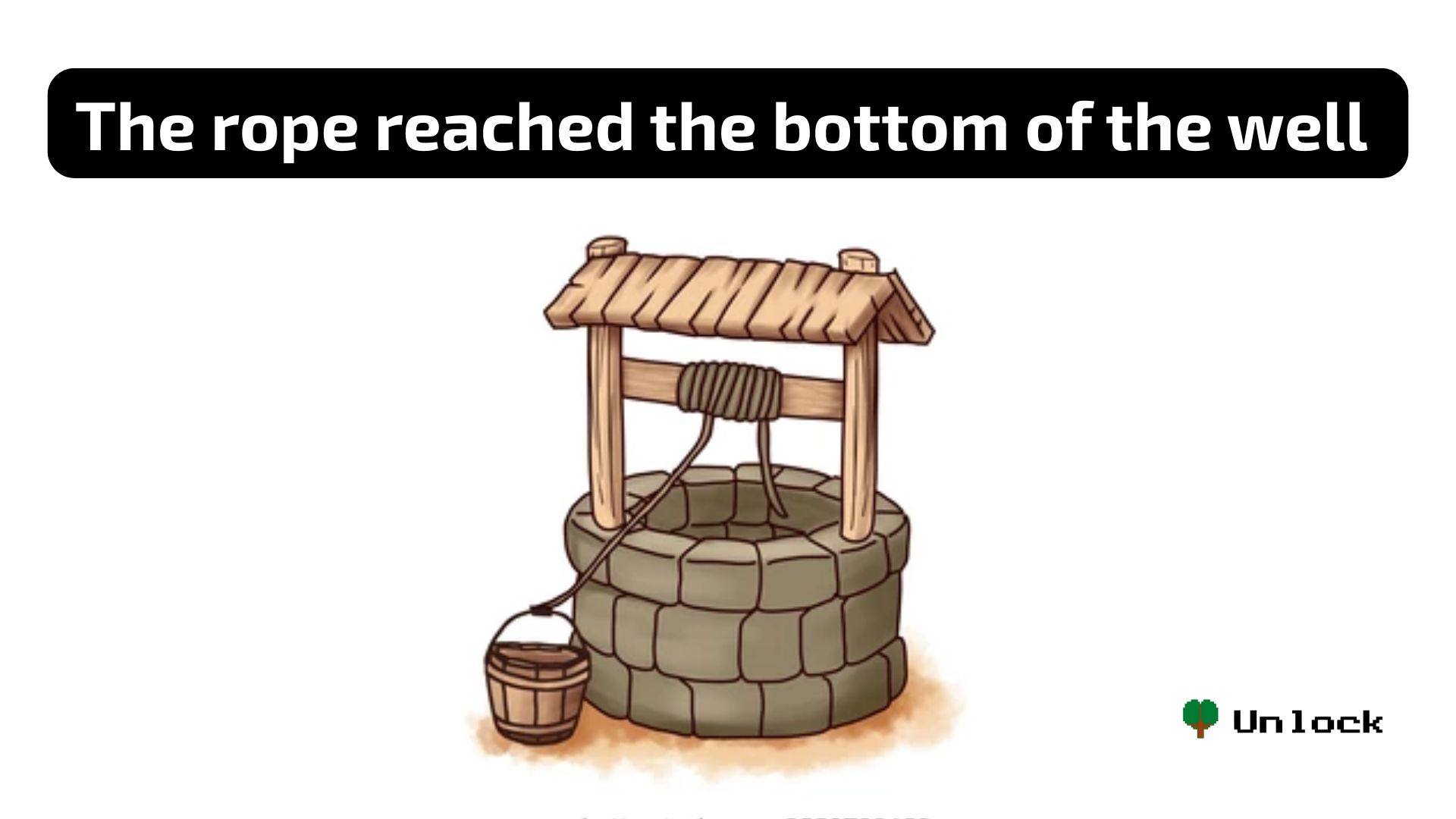
When should I use the infinitive with -ing in English?
In English, some verbs are followed by the -ing form, while others are followed by the infinitive. There is no rule for which form to use, and it depends on the verb. Some verbs that are followed by the -ing form include enjoy, mind, stop, and recommend, while some verbs that are followed by the infinitive include want, learn, offer, and refuse. Some verbs can be followed by either form, with no change in meaning, while others have a change in meaning depending on the form used.

INFINITIVE WITH - TO
We use to- infinitive to express purpose:
Why did you go to school? To learn;
We use to - infinitive after 'want' and "would love/ like"
She would like to visit Berlin;
We use infinitive without to, after modal verbs (can, must, should, may...)
He can sing very well;
You must study harder;
INFINITIVE WITH - ING
We use the - ing form as a noun:
She likes running;
We use the - ing form after the verbs: Enjoy, love, like, hate, dislike, stop.
Breno enjoys climbing;
We use the - ing form after 'go' for physical activities:
We often go hunting.
I love improving, don't you?
.png)




.jpg)

